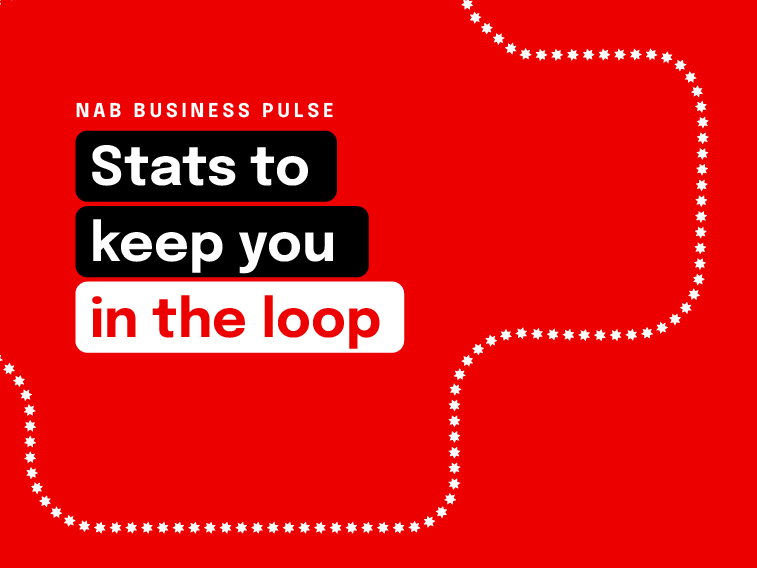Change is a constant in our global environment, but that's all the more reason to keep moving forward on your terms.


Article
After a successful career in the mining industry, Amanda Healy started Maxx Engineering, which she sold in 2015. She’s now focused on her next venture, the social enterprise Kirrikin.

After a successful career in the mining industry, Amanda Healy started Maxx Engineering, which she sold in 2015. She’s now focused on her next venture, the social enterprise Kirrikin.
For Amanda Healy a career in mining was a natural choice. “My father was a mining surveyor, so I grew up on mine sites around Australia,” she explains. “I loved the sense of fellowship you get in the smaller communities and I still have a great love for the characters that populate this industry.”
She worked with blue chip mining companies including BHP, Rio Tinto, and the WMC group before starting her own business, Maxx Engineering. “Maxx Engineering specialises in maintenance engineering and welding work for the mining sector so the experience was invaluable,” she says. “I gained an understanding of the corporate culture of large business and how they think in relation to people. For example, mobilising hundreds of people into remote mine sites taught me how to train and prepare people for remote work. I also learned how to facilitate getting paid, which is very important in small business.”
As an indigenous woman, Healy admits that she found it tough when starting out in such a male-dominated profession. “I did need to develop some resilience, though I found that most people respond well to someone with a genuine desire to learn,” she says. “I think men are more likely to tell it like it is, so I now do that myself to some extent. And I also think I’ve become more ambitious and driven to compete with my male colleagues.”
While she wishes that her family grew up with a stronger connection to their Aboriginal culture, Healy now enjoys working closely with the indigenous community. “I mentor Aboriginal people who‘d like to get into business and, in the future, I want to continue helping the community in any way I can,” she says. “I believe that, by giving me a higher profile, the award will support that.”
She tells indigenous women who’d like to start their own business to hold firm to their dream.
“It’s hard work but it’s worth it, particularly if it allows you to work in your own time and with your own resources,” she says. “For me, the most important aspect of having my own business was being able to watch my son grow up and gain his own sense of self. I’ve rarely missed a sporting event or an important milestone and that wouldn’t have been possible if I’d been working for someone else.”
That hard work was recognised at the 2014 Ethnic Business Awards, when Healy won the Indigenous Business Award. She describes winning as both exciting and humbling, and she encourages others to put themselves forward.
“I was thrilled to have my hard work recognised and to have the opportunity to connect with other successful business people,” she says. “There’s a bit of work involved in the application process but even that has important benefits. You have to step back and have a really close look at how the business is working and what we’ve done to make it work, and that’s something we rarely take the time to do. I also had some wonderful encouragement and support from NAB.”
In April 2015 she sold Maxx Engineering to the international engineering company ThyssenKrupp in a multi-million deal and has started a new business, Kirrikin, an Aboriginal word that roughly translates as “Sunday’s best clothes”.
Made in Australia, her handcrafted silk and cashmere scarves, silk neckties, bow ties and pocket squares feature artworks of contemporary Indigenous Australian artists. A percentage of each purchase is returned to the Indigenous Australian artist involved in the design.
Healy started the business on the side in late 2014, taking it on full-time in April 2015. The first items were ready by May 2015 and are selling online and in specialty shops such as the gift shop at the Art Gallery of NSW and Aboriginal art galleries. The bulk of her sales stem from the international market including the US and Europe and she’s exploring opportunities in China.
She’s also in the process of starting an art program with the Department of Corrective Services in Western Australia to help indigenous women who have served time in prison break the cycle. “They get out of prison, they’ve got no money, they go back to the same environment and surprise surprise the same thing happens – they end up back in jail again,” she says. “So, we’re starting a program that teaches the girls about how to create Aboriginal artwork and telling their stories through art. We’ll put those designs onto cashmere and silk for them to start raising money to re-settle their lives when they come out of prison and stop the whole cycle of re-offending.”
While mining to fashion is quite a jump, the idea for the business came out of the frustration she felt trying to find a suitable scarf to wear during the many presentations she was giving on Aboriginal issues.
“I’ve always been on the lookout for a nice Aboriginal-themed scarf that really represents my heritage and the depth and beauty of the culture, but there wasn’t much around that was made in Australia and made from really nice materials,” she says. “It was just out of sheer frustration that I thought, I’m going to do this myself.”
© National Australia Bank Limited. ABN 12 004 044 937 AFSL and Australian Credit Licence 230686.